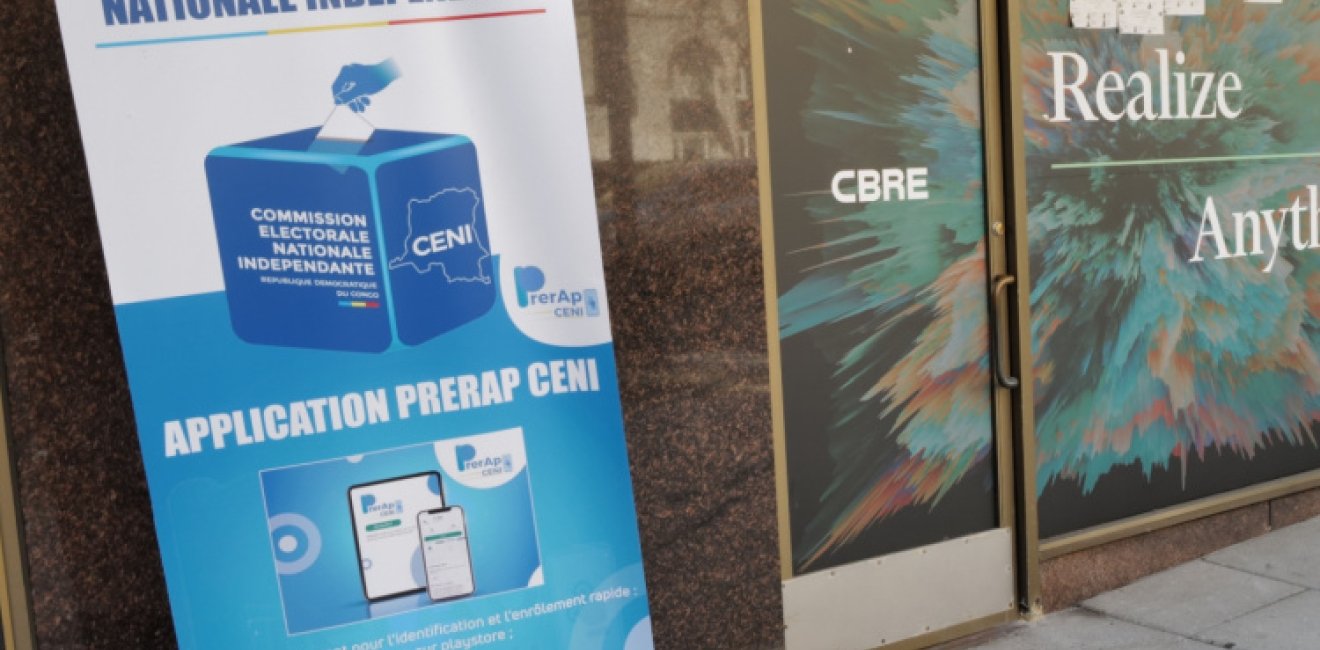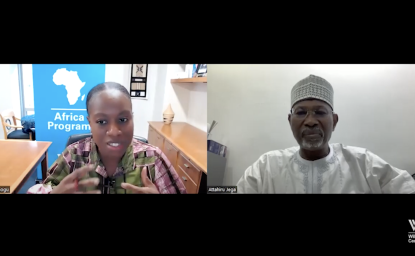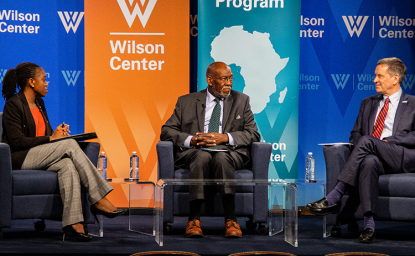On the eve of the final African election of the year, what should we pay attention to?
Fr. Alain Nzadi-a-Nzadi: The elections on December 20 are unlikely to deliver meaningful change to address the massive insecurity, government corruption, and persistent inequality. However, citizen expectations in a study conducted by CEPAS in May 2023 indicate that good conduct in these elections could start the process. Building on the achievements and failures of previous electoral cycles, it is important that the conduct of the December 20 elections encourages the consolidation of democracy through a transparent, peaceful, and inclusive process. Hence, we should pay attention to the following before, during, and after the elections.
- The Independent National Electoral Commission (CENI) and the various courts involved in electoral disputes. Beyond the logistical challenges that will come with the administration of this massive high-stakes election, the independence of the institutions is paramount.
- A civil society capable of monitoring the electoral process before, during, and after the elections to ensure its integrity and transparency.
- The current environment is tense, and the unguarded utterances of political actors can stoke violence long after election day. It is important that politicians are held accountable for actions and statements that instigate hate speech or violence.
How will the ongoing conflict in the Eastern DRC impact the vote, and what are the prospects for peace?
Fr. Alain Nzadi-a-Nzadi: The insecurity and displacement in Eastern DRC will keep a significant number of citizens from the polls, as many who reside in the region have yet to collect their voters’ cards due to the ongoing violence. Eastern DRC has been experiencing instability for over two decades. The multiple recurring efforts of various national, regional, and international stakeholders have proven ineffective. Sadly, the politicization of inter-ethnic conflicts in the region by some political actors is an “open secret.” Citizens are tired of the fighting. It is unclear if a successful election can lead to any meaningful immediate security gains, as the political will from the Congolese authorities and governments in the Great Lakes region to end the conflict is lacking. In my opinion, the path to sustainable peace will involve a sincere dialogue coupled with a common desire to promote peace and political will on the part of both authorities in the DRC and the Great Lakes region.
What are the prospects for credible elections, and what might the elections mean for DRC’s relationship with international actors, including the United States?
Fr. Alain Nzadi-a-Nzadi: The choice to establish a democratic functioning state is not a gift from the heavens but a construct, a will of a community and its elite. A fundamental challenge of our elections in DRC has always been the lack of the political will of the ruling elite to build a truly democratic, peaceful, and inclusive country. Unlike past governments, the current administration’s commitment to hold the election on December 20 is a welcome development. However, events in the lead up to the elections indicate an uneven playing field. Several opposition leaders have also raised concerns about the integrity of the voters' registration process, and the EU recently announced that it would cancel its observation mission due to technical and security issues. Civil society organizations, particularly the church, which has a wide reach across the country, will play a significant role in monitoring the electoral process. Their findings will be an important indicator to assess the integrity of the electoral process. In addition, as the world moves towards a transition to green energy, external actors, including the United States, will continue to be interested in the DRC’s mineral resources. Hence, the new leadership that emerges following the elections must prioritize citizen needs and strategically balance the country’s multiple domestic challenges while also managing complex international relationships in an environment where multiple external actors compete for access to the country’s vast mineral resources.
Fr. Alain Nzadi-a-Nzadi is the Managing Director of Centre d’Etudes pour l’Action Sociale-Research Center for Social Action (CEPAS) in Kinshasa. CEPAS is also a member of the Southern Voices Network for Peacebuilding (SVNP) at the Wilson Center.





